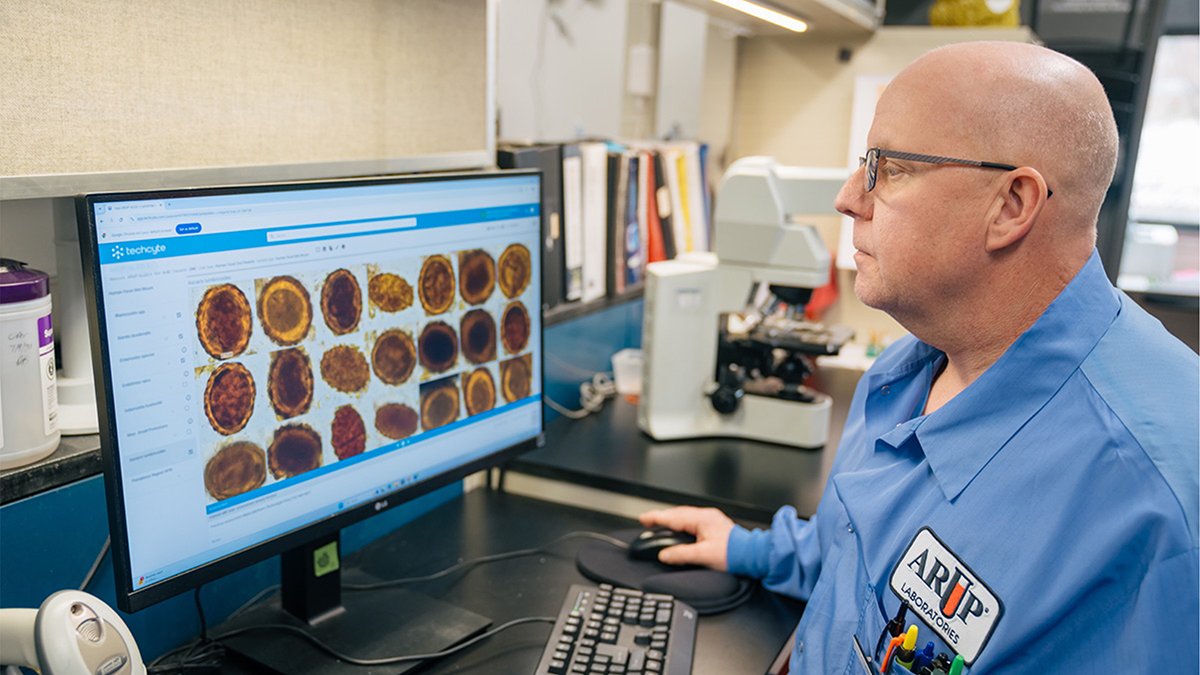Overview
ARUP Laboratories has developed an innovative artificial intelligence (AI) tool that significantly enhances the detection of intestinal parasites in stool samples. This advancement promises to improve diagnostic processes in laboratories globally.
Key Findings
- The AI tool utilizes a convolutional neural network (CNN) to analyze stool samples with greater speed and accuracy than traditional microscopy.
- Research published in the Journal of Clinical Microbiology indicates that the AI system can identify parasites with higher sensitivity than experienced human observers.
- Lead author Blaine Mathison, ARUP’s technical director of parasitology, emphasized the remarkable achievements of this study.
Research Methodology
The AI was trained using over 4,000 parasite-positive samples from various regions, including the United States, Europe, Africa, and Asia. These samples covered 27 classes of parasites, including rare species.
Results
- The AI demonstrated a positive agreement rate of 98.6% when compared to manual reviews.
- It identified 169 additional organisms that were previously overlooked by human analysts.
- In limit of detection studies, the AI consistently detected more parasites, even in highly diluted samples, indicating its potential for early infection detection.
Future Directions
ARUP Laboratories has been at the forefront of integrating AI into clinical parasitology. They plan to expand AI applications beyond parasitology, having already implemented AI in Pap testing and other diagnostic processes.
Conclusion
This development marks a significant step forward in the field of diagnostic testing, enhancing both the efficiency and accuracy of parasitic infection detection, ultimately benefiting patient care.
